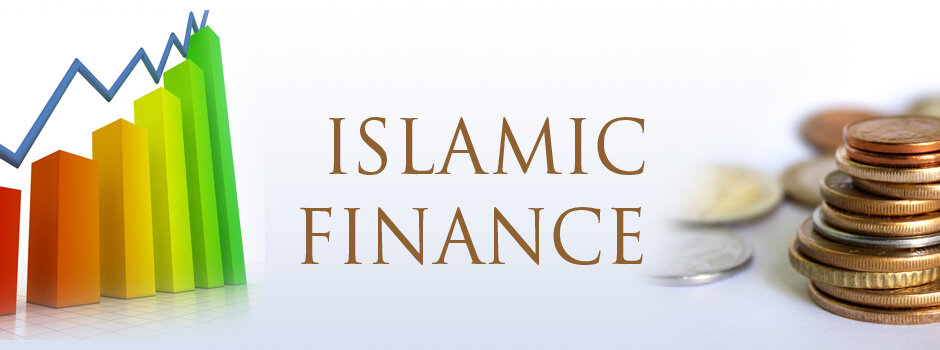Sale, generally speaking, involves an exchange of:
- a commodity for another commodity (barter trading),
- a commodity for money (sale), or
- money for money (sarf).
The fundamental basis of a sale contract consists of property being exchanged for another, leading to the transfer of ownership and possession from one party to another. Offer and acceptance are also fundamental to a sale, as they imply an exchange. The object involved in exchange must exist, be deliverable and known to the purchaser. These conditions apply to many types of sales except for contracts such as Salam and Istisna.
According to Sharia rules, being a bilateral contract, sales bring an immediate and certain obligation. Sale contracts must adhere to the fundamental principles of Islamic business contracts: being free from interest (riba), uncertainty (gharar), speculation or gambling (maisir), and dealings related to alcohol, pork, and other activities prohibited by Sharia. Islamic law forbids contracts of exchange with hazardous elements that could disadvantage one party and lead to potential disputes and injustices. All such contracts render the contract either void or voidable.
Trading a commodity for money is distinct and free from riba. Contracts of exchange dealing with barter trading and currency exchange are susceptible to elements of riba; for this reason, Islamic law has laid down stricter principles to ensure the legality of these contracts. Riba in sales contracts arises from two types of exchanges: the unequal exchange of ribawi commodities such as gold, silver, wheat, barley, dates, and salt, or an exchange of money for money involving differing amounts or lacking simultaneous transfer and immediate delivery. Both scenarios render the contract null and void. Historically, barter trading was common, even during the time of Prophet Muhammad, peace be upon him. However, Sharia discourages the practice of barter trading to avoid any element of unfairness, especially when exchanging commodities of the same kind, requiring transactions to be handled with money instead to avoid falling into riba (e.g., exchange of fruits of the same kind, including exchange of meat like exchanging goat meat of one age for that of another age).
The importance of sale of goods for money can be understood from the Hadith in which the Prophet Muhammad, peace be upon him, prohibited the exchange of inferior quality of dates for superior quality and advised to sell the mixed dates of inferior quality for money and buy superior quality with that money. In a Hadith, the Prophet Muhammad, peace be upon him, said: Narrated by Abu Said Al-Khudri and Abu Huraira, may Allah be pleased with them: “Allah’s Apostle appointed somebody as a governor of Khaibar. That governor brought to him an excellent kind of dates (from Khaibar). The Prophet asked, ‘Are all the dates of Khaibar like this?’ He replied, ‘By Allah, no, O Allah’s Apostle! But we barter one Sa’ (around 3 kilograms) of this type of dates for two Sa’s of our dates and two Sa’s of it for three of ours.’ Allah’s Apostle said, ‘Do not do so (as that is a kind of usury) but sell the mixed dates (of inferior quality) for money, and then buy good dates with that money.’” (Al Bukhari, Book #34, Hadith #405).










